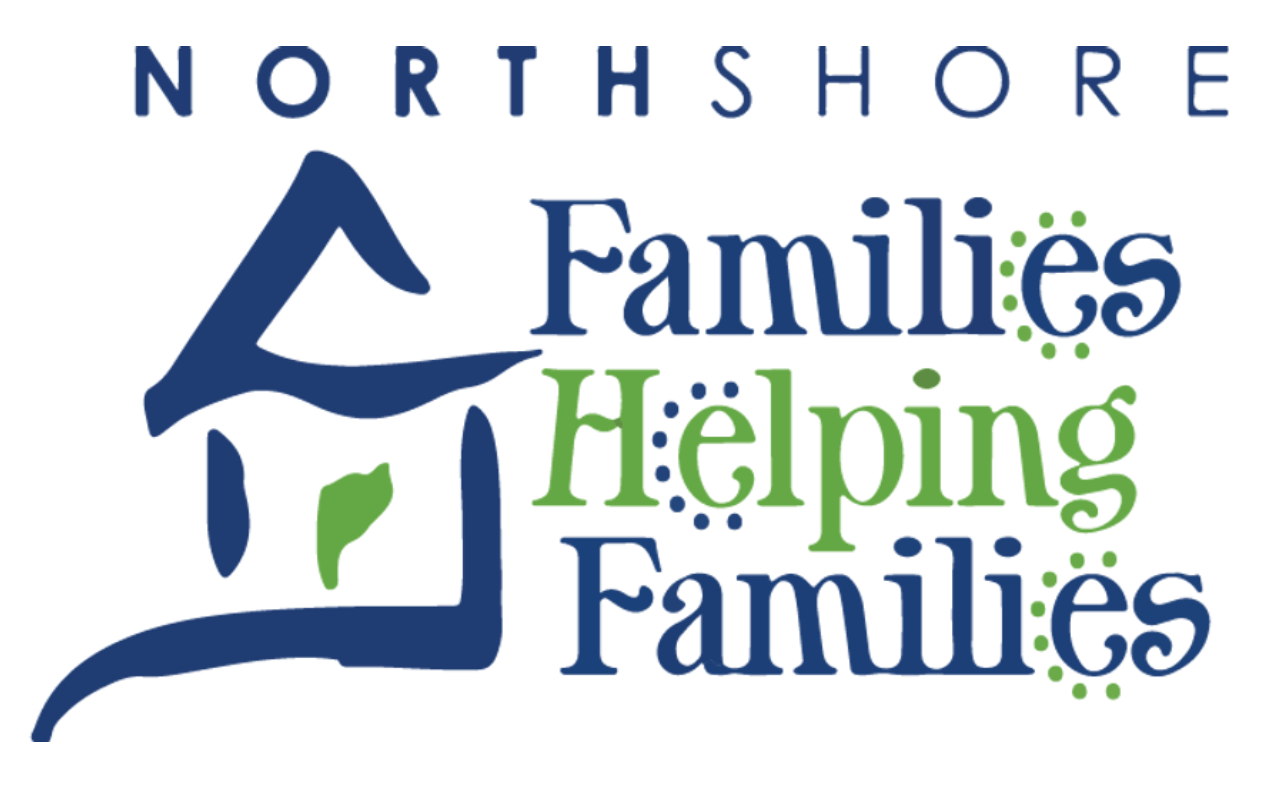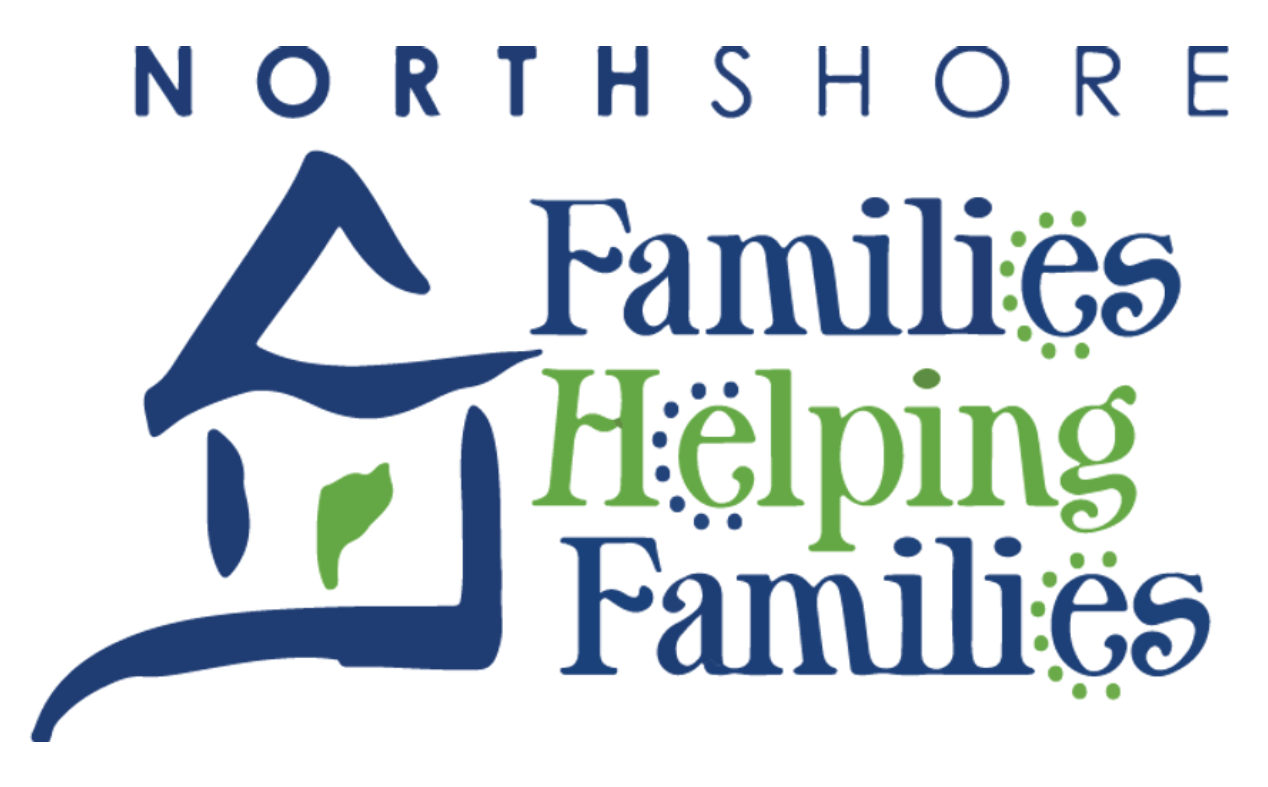COMMON DISABILITIES
Two Types of Disabilities
Developmental Disability
A group of conditions due to an impairment in physical, learning, language, or behavior areas. About one in six children in the U.S. have one or more developmental disabilities or other developmental delays.
- Developmental disabilities can begin before birth or can develop anytime during a child's "developmental period."
- Developmental disabilities can be caused from factors such as genetics, health and behavior during pregnancy (smoking & drinking), complications of pregnancy and pre-mature birth.
- There are many factors that may cause developmental disabilities.
- Many developmental disabilities have NO known causes.
Intellectual Disability
A disability characterized by significant limitations in both intellectual functioning and in adaptive behavior, which covers many everyday social and practical skills. This disability originates before the age of 18.
- Intellectual functioning—also called intelligence—refers to general mental capacity, such as learning, reasoning, problem solving.
- Adaptive behavior is the collection of conceptual, social, and practical skills that are learned and performed by people in their everyday lives.
- Conceptual skills—language and literacy; money, time, and number concepts; and self-direction.
- Social skills—interpersonal skills, social responsibility, self-esteem, gullibility, naïveté (i.e., wariness), social problem solving, and the ability to follow rules/obey laws and to avoid being victimized.
- Practical skills—activities of daily living (personal care), occupational skills, healthcare, travel/transportation, schedules/routines, safety, use of money, use of the telephone.
Developmental Milestones
Smiling for the first time, reaching for toys, crawling on all four's; eating with a spoon, saying their name, talking turns and showing emotions are all developmental milestones.
Each child reaches developmental milestones at their own pace. While it is unknown when your child will hit their milestones, developmental milestones indicate a general idea of what to expect when your child ages.
Are You or Your Spouse Concerned About Your Child's Development?
Early Intervention can make a difference in your child's life. What is Early intervention? Early Intervention is services and support most likely provided by your state, to help children ages birth to 36 months (under IDEA Part C) with developmental delays. Checkout these resources and visit our support page for more information.
Where to Start?
You've received a diagnosis, but what do you do next?
Locate services and support your child may require.
- Contact your local Medicaid Office is medical assistance is needed.
- Contact your local Social Security Office if SSI funds are needed.
- Contact EarlySteps for Early Intervention services.
- Contact Florida Parishes Human Services Authority for Waivers and other services.



